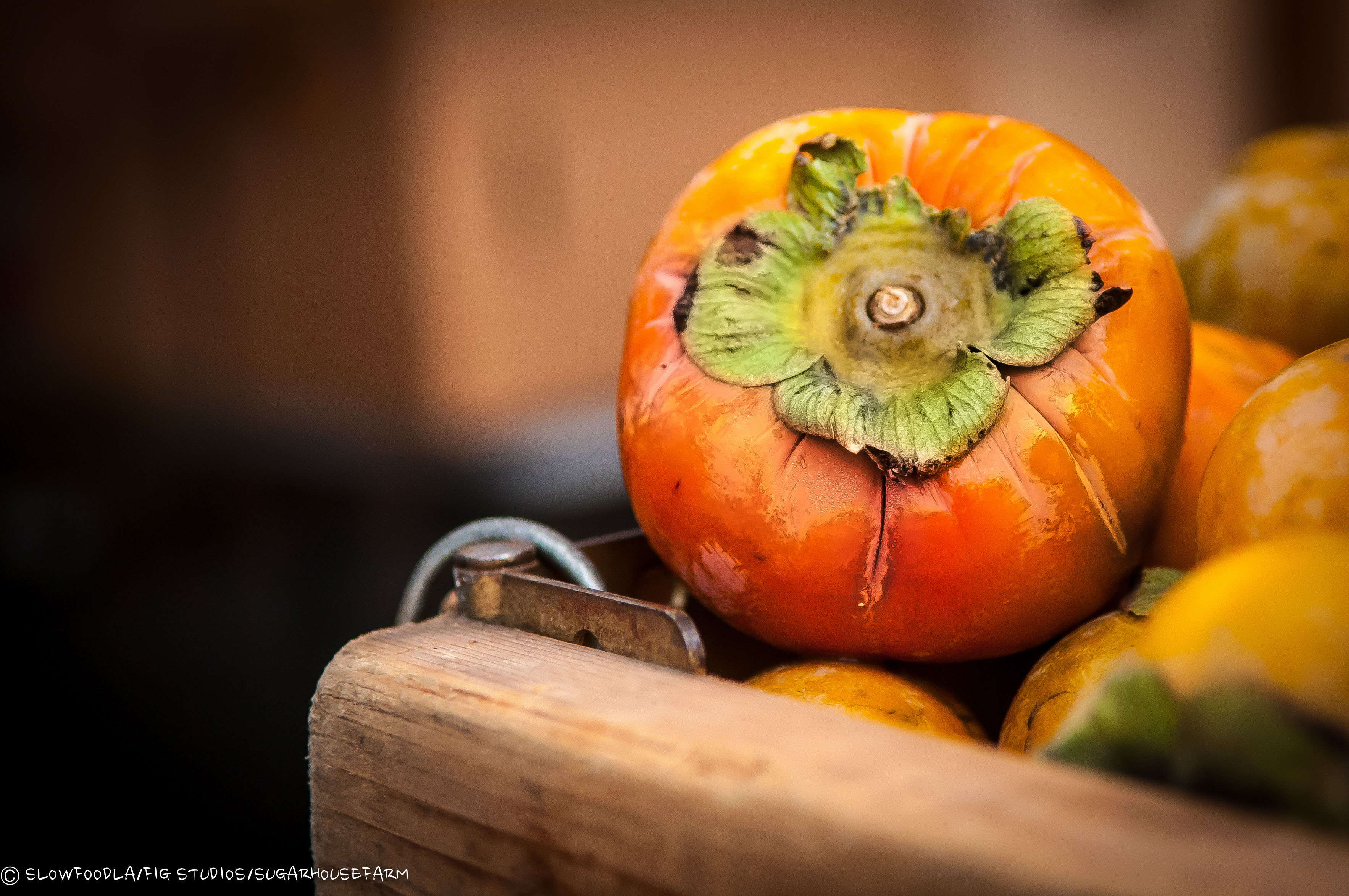

Los Angeles


Los Angeles

Slow Food USA’s mission is to create dramatic and lasting change in the food system. Through a network of local chapters it seeks to reconnect Americans with the people, traditions, plants, animals, fertile soils and waters that produce our food. It also works to inspire a transformation in food policy, production practices and market forces so that they ensure equity, sustainability and pleasure in the food we eat.
Visit the Slow Food USA website for more information about our national and international programs, for information about how to become a member, and for news and information about good, clean, and fair food production and consumption.
The History of Slow Food
Founded in 1989 by Carlo Petrini as Slow Food: The International Movement for the Defense of and the Right to Pleasure, Petrini and a group of like-minded colleagues and friends, adopted the Slow Food Manifesto at the Opera Comique in Paris. The Slow Food Manifesto was endorsed by delegates from Argentina, Austria, Brazil, Denmark, France, Germany, Holland, Hungary, Italy, Japan, Spain, Sweden, Switzerland, the United States, and Venezuela: Today, Slow Food chapters and organizations are in over 150 countries around the world.
The Manifesto read:
Our century, which began and has developed under the insignia of industrial civilization, first invented the machine and then took it as its life model.
We are enslaved by speed and have all succumbed to the same insidious virus: Fast Life, which disrupts our habits, pervades the privacy of our homes, and forces us to eat Fast Foods.
To be worthy of the name, Homo Sapiens should rid himself of speed before it reduces him to a species in danger of extinction.
A firm defense of quiet material pleasure is the only way to oppose the universal folly of Fast Life.
May suitable doses of guaranteed sensual pleasure and slow, long-lasting enjoyment preserve us from the contagion of the multitude who mistake frenzy for efficiency.
Our defense should begin at the table with Slow Food. Let us rediscover the flavors and savors of regional cooking and banish the degrading effects of Fast Food.
In the name of productivity, Fast Life has changed our way of being and threatens our environment and our landscapes. So Slow Food is now the only truly progressive answer.
That is what real culture is all about: developing taste rather than demeaning it. And what better way to set about this than an international exchange of experiences, knowledge, projects?
Slow Food guarantees a better future.
Slow Food is an idea that needs plenty of qualified supporters who can help turn this (slow) motion into an international movement, with the little snail as its symbol.Good, Clean and Fair: the Manifesto of Quality According to Slow Food
The food production and consumption systems most common today are harmful to the earth, to its ecosystems and to the peoples that inhabit it.
Taste, biodiversity, the health of humans and animals, well-being and nature are coming under continuous attack. This jeopardizes the very urge to eat and produce food as gastronomes and exercise the right to pleasure without harming the existence of others or the environmental equilibria of the planet we live on.
If, as the farmer poet Wendell Berry says, “eating is an agricultural act,” it follows that producing food must be considered a “gastronomic act.”
The consumer orients the market and production with his or her choices and, growing aware of these processes, he or she assumes a new role. Consumption becomes part of the productive act and the consumer thus becomes a co-producer.
The producer plays a key role in this process, working to achieve quality, making his or her experience available and welcoming the knowledge and knowhow of others.
The effort must be a common one and must be made in the same aware, shared and interdisciplinary spirit as the science of gastronomy.
Each of us is called upon to practice and disseminate a new, more precise and, at the same time, broader concept of food quality based on three basic, interconnected prerequisites. Quality food must be:
1. Good. A food’s flavor and aroma, recognizable to educated, well-trained senses, is the fruit of the competence of the producer and of choice of raw materials and production methods, which should in no way alter its naturalness;
2. Clean. The environment has to be respected and sustainable practices of farming, animal husbandry, processing, marketing and consumption should be taken into serious consideration. Every stage in the agro-industrial production chain, consumption included, should protect ecosystems and biodiversity, safeguarding the health of the consumer and the producer;
3. Fair. Social justice should be pursued through the creation of conditions of labor respectful of man and his rights and capable of generating adequate rewards; through the pursuit of balanced global economies; through the practice of sympathy and solidarity; through respect for cultural diversities and traditions;
Good, Clean and Fair quality is a pledge for a better future.
Good, Clean and Fair quality is an act of civilization and a tool to improve the food system as it is today: everyone can contribute to Good, Clean and Fair quality through their choices and individual behavior.Slow Food’s Manifesto of Quality
The food production and consumption systems most common today are harmful to the earth, to its ecosystems and to the peoples that inhabit it.
Taste, biodiversity, the health of humans and animals, well-being and nature are coming under continuous attack. This jeopardizes the very urge to eat and produce food as gastronomes and exercise the right to pleasure without harming the existence of others or the environmental equilibria of the planet we live on.
If, as the farmer poet Wendell Berry says, “eating is an agricultural act,” it follows that producing food must be considered a “gastronomic act.”
The consumer orients the market and production with his or her choices and, growing aware of these processes, he or she assumes a new role. Consumption becomes part of the productive act and the consumer thus becomes a co-producer.
The producer plays a key role in this process, working to achieve quality, making his or her experience available and welcoming the knowledge and knowhow of others.
The effort must be a common one and must be made in the same aware, shared and interdisciplinary spirit as the science of gastronomy.
Each of us is called upon to practice and disseminate a new, more precise and, at the same time, broader concept of food quality based on three basic, interconnected prerequisites. Quality food must be: Good. A food’s flavor and aroma, recognizable to educated, well-trained senses, is the fruit of the competence of the producer and of choice of raw materials and production methods, which should in no way alter its naturalness;
Clean. The environment has to be respected and sustainable practices of farming, animal husbandry, processing, marketing and consumption should be taken into serious consideration. Every stage in the agro-industrial production chain, consumption included, should protect ecosystems and biodiversity, safeguarding the health of the consumer and the producer;
Fair. Social justice should be pursued through the creation of conditions of labor respectful of man and his rights and capable of generating adequate rewards; through the pursuit of balanced global economies; through the practice of sympathy and solidarity; through respect for cultural diversities and traditions;
Good, Clean and Fair quality is a pledge for a better future.
Good, Clean and Fair quality is an act of civilization and a tool to improve the food system as it is today: everyone can contribute to Good, Clean and Fair quality through their choices and individual behavior.